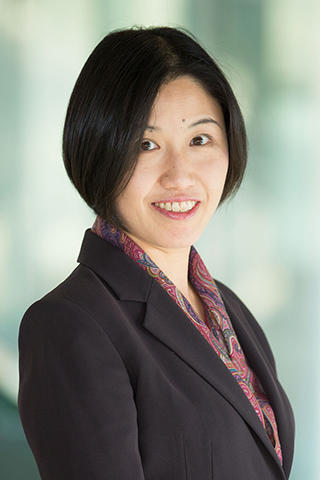Sociology
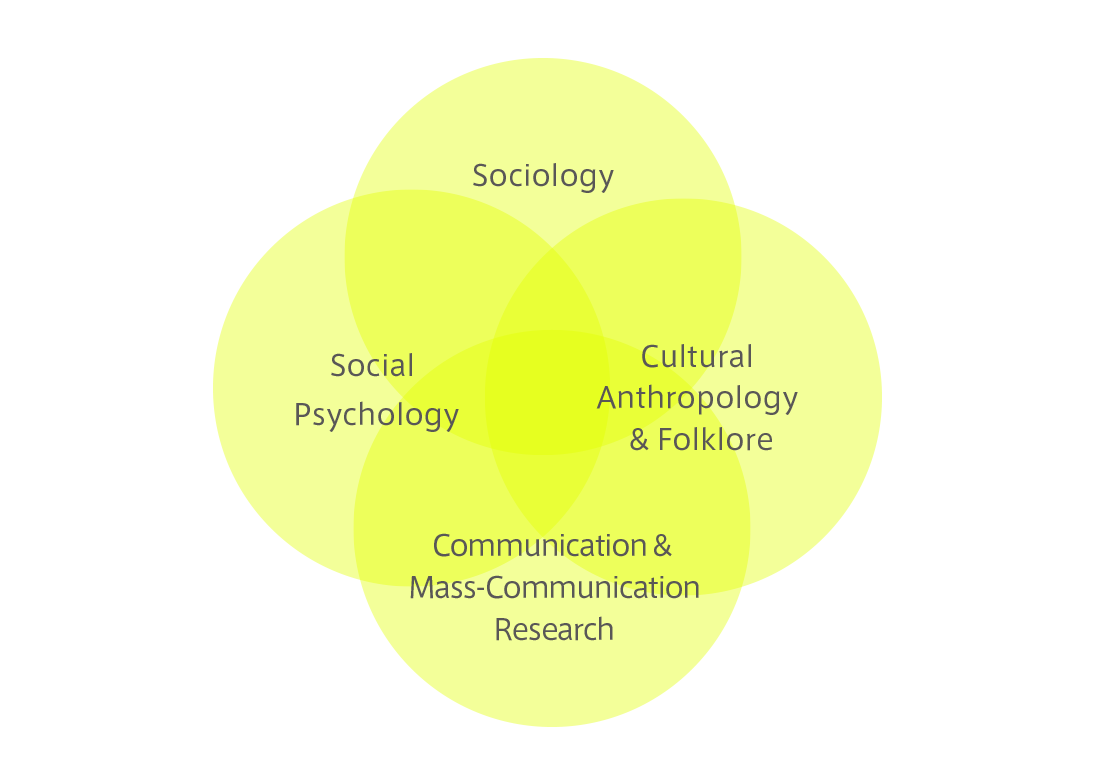
Sociology was the first major to be offered by the Graduate School of Human Relations, starting April 5, 1951. From the beginning, the goal was to broaden sociological research and overcome the boundaries of undergraduate studies. To achieve this, the major brought together relevant professors from the Faculties of Letters, Economics, and Law while also maintaining its independence. This original vision of independence remains unchanged to this day, though the major has since expanded its ties beyond the undergraduate faculties to also include the Teacher Training Center, the Institute for Journalism, Media & Communication Studies and other research entities at Keio University. Many of our faculty members hold concurrent positions in these institutes. This major provides students with opportunities to take classes taught by part-time lecturers and guest lecturers who are affiliated with outside universities or research institutes both in Japan and abroad to complement the courses taught by full-time faculty at the graduate school.
The master's program for the major in sociology is designed so that students take advanced lectures and seminar courses to gain expertise in specific topics as well as broader areas of study. In the doctoral program, advanced research lectures and seminars are provided to facilitate research which further expands on these themes. In addition to these basic offerings, the major also has courses in the fields listed below which serve as primers to different specializations.
In addition to its courses that teach about basic theory and research methods to cultivate students' sociological research skills, the major in sociology also supports them in their global research activities, providing resources to learn how to write academic papers in foreign languages and providing classes that encourage students to participate as joint presenters alongside faculty members at academic conferences and seminars in Japan and abroad. In 1987, the "Mita Sociology Society" was established for sociology researchers associated with Keio University, centered around graduate school committee members affiliated with the Sociology major. The society serves as a platform to support student's research, present their findings, and encourage community interactions. It also provides comprehensive support for researchers still in the early stages of their careers.
Sociology
The master's program for sociology offers advanced courses and seminars in sociological methodology, the history of sociology, quantitative and qualitative research, in addition to its core classes that help students grasp the basic frameworks and theories underlying sociology. There are also courses in place that allow students to explore their individual interests or specific topics within sociology. The Ph.D. program further expands on a student's research in their areas of interest, providing courses designed to deepen their understanding and research skills. Course topics include theoretical approaches to sociology and the history of sociology, as well as courses focusing on race and ethnicity, cities and communities, social history, global society, globalization, families, life history theory, oral histories, culture, social class, inequality, welfare, medicine, consumer behavior, rational choice theory and subcultures, gender, and science studies. Research is approached from a multidisciplinary perspective, incorporating diverse theoretical and empirical frameworks to examine issues that relate to people as individuals as well as global trends in order to understand society and human behavior.
Cultural Anthropology & Folklore
In the master's program in cultural anthropology, we offer courses on the history of various schools of thought, research methods, specific research topics, and regional studies. These courses allow students to gain a comprehensive understanding of this broad discipline. Research themes are diverse, including families and kinship, religion, medicine, politics, ritual performing arts, oral tradition, ethnology, ethnicity, migration, colonialism, tourism, world heritage and area studies, with an emphasis on Asia and Latin America, in addition to multicultural psychiatry, etc. Furthermore, we offer folklore courses for conducting research in the area broadly referred to as "Japanology." Through studying cultural anthropology and folklore together, students are able to enrich their understanding of foreign cultures and to develop a viewpoint with which to compare Japanese culture and other cultures around the world.
In the Ph.D. program, students delve deeper into their research topics by combining empirical data and theoretical considerations. As cultural anthropology and folklore place importance on primary source materials obtained through qualitative studies, fieldwork is regarded as fundamental practice in the Ph.D. program. Students are expected to conduct research either within or outside Japan according to their own interests and to investigate the actual conditions of culture and society, which are changing rapidly due to globalization.
Communication & Mass-Communication Research
This field will provide you with a greater understanding of various communication processes and phenomena including interpersonal and mass communication in the master's and doctoral programs. The lectures and seminars focus on research on a variety of issues such as media use, advertising, diffusion of innovations, information behavior, information society theory, mass communication theory and SNS as well as news production processes and journalism, media policy, and the media industry. The main subjects are fields which have been extensively explored around the nucleus of the Institute for Journalism, Media & Communication Studies (formerly the Keio University Newspaper Research Center).
Social Psychology
Some examples of the main research course themes covered under the master's program in sociology include interpersonal communication, interpersonal influence, interpersonal conflict, gaming, environmentally conscious behavior, risk communication, experiment design, survey writing, and statistics that can be used to analyze sociological data. The program explores human behavior, understanding that the "other" is a key concept to understanding the mechanisms behind human behavior for individuals, groups, and society at large. As such, courses cast a wide net to draw from social psychology, media psychology, and evolutionary psychology. In the doctoral program, courses are offered to further develop research begun at the master's level, facilitating students ability to coalesce multiple research strands to feed into their doctoral dissertation. Students are expected to conduct empirical research using advanced statistical analysis, collecting data mainly through questionnaires, experiments, and interview surveys.
FacultySociology

Kwangho Lee Professor, Faculty of Letters
- Media Communication Studies
- Diffusion Studies
- Social Psychology
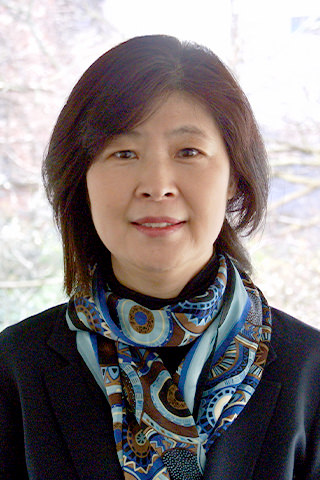
Jinah Lee Professor, Institute for Journalism, Media & Communication Studies
- Advertising Studies
- Media Psychology
- Social Psychology
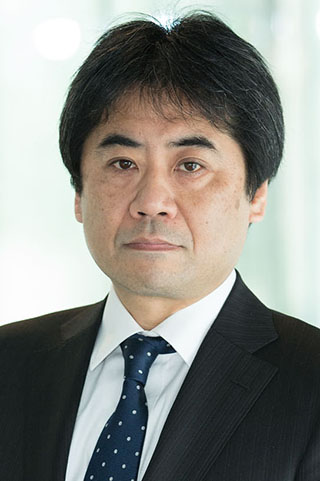
Akihide Inaba Professor, Faculty of Letters
- Sociology of Family
- Quantitative Methods
- Social Statistics
- Social Welfare and Policy Studies
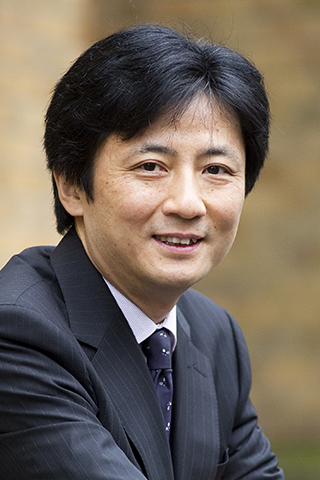
Norihiro Okubo Professor, Faculty of Law
- Religious Studies
- History of Religion
- Sociology of Religion
- Latin American Studies

Atsushi Ota Professor, Faculty of Economics
- Socio-economic history of Indonesia
- Area studies of Southeast Asia
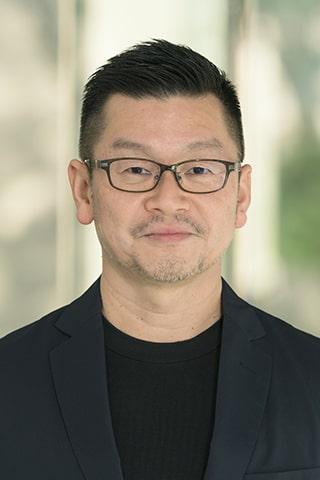
Yasutsugu OguraProfessor, Faculty of Letters
- Life Story Research
- Sociology of Life
- Passing Down the Experiences of A-Bomb Survivors

Teruya Oda Professor, Faculty of Letters
- Theoretical Sociology
- Rational Choice Theory
- Evolutionary Game Theory
- Social Justice
- Quantitative Sociology
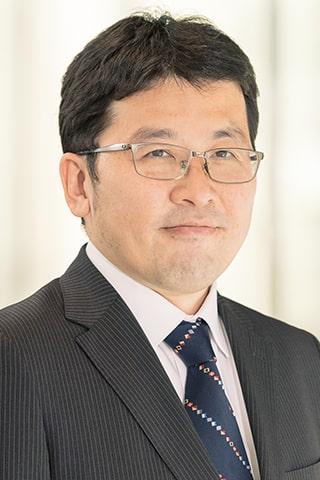
Masayuki Karasudani Professor, Faculty of Law
- Political Communication
- Media Sociology
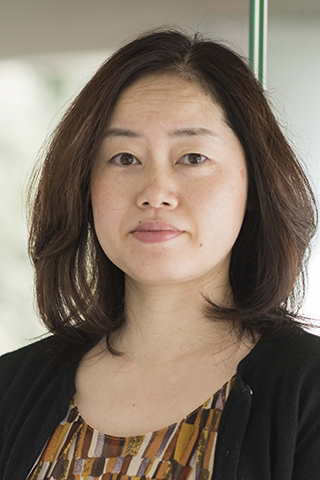
Sayako Kanda Professor, Faculty of Economics
- Socio-Economic History of South Asia
- South Asian Studies

Byungchul Kim Professor, Faculty of Letters
- Cultural Anthropology
- East Asian Area Studies
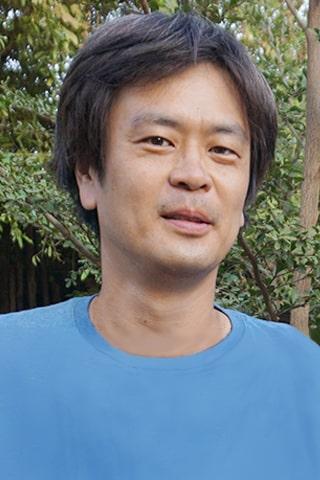
Toru SagawaAssociate Professor, Faculty of Letters
- Cultural Anthropology
- African Area Studies
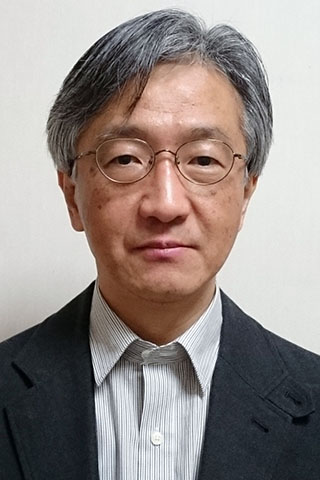
Atsushi Sawai Professor, Faculty of Law
- Social Theory
- History of Sociology
- Sociology of Death and Bereavement
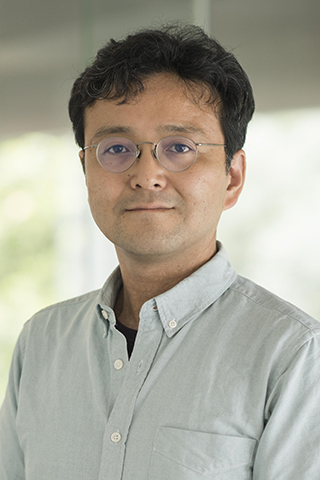
Yoshikazu Shiobara Professor, Faculty of Law
- Global sociology
- Multiculturalism and migration
- Nationalism and exclusionism
- Australian studies
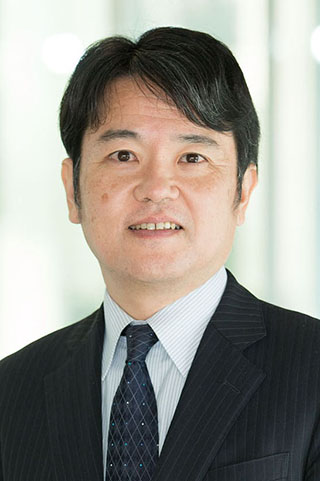
Junkichi Sugiura Professor, Faculty of Letters
- Social Psychology
- Simulation & Gaming
- Environmental Behavior
- Risk Communication
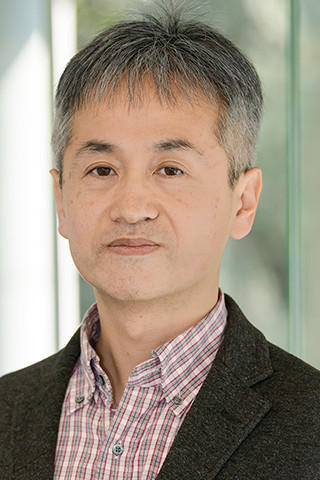
Hirohisa Takenoshita Professor, Faculty of Law
- Social Stratification
- Statistics for social research
- Institutional arrangements and generating inequality
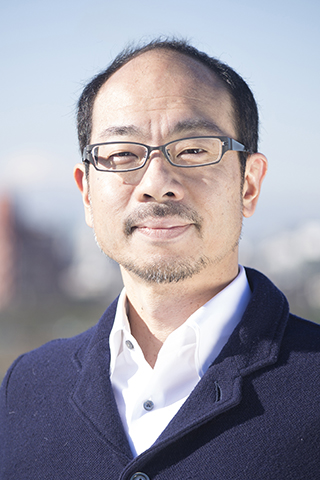
Masanao Takeyama Professor, Faculty of Economics
- Service Design
- Behavior Design
- Marketing Theory
- Economic Geography
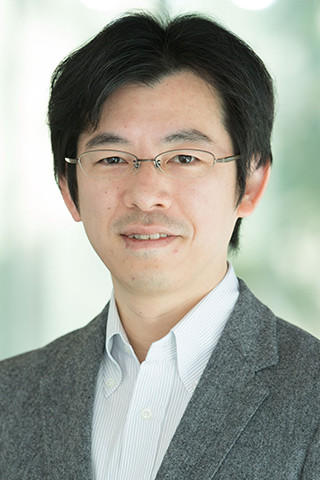
Takaaki Chikamori Professor, Faculty of Letters
- Sociology of Urban Space
- Social History of Technology
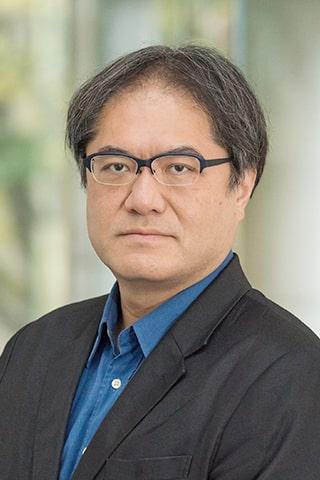
Jun TsunematsuProfessor, Faculty of Letters
- Law and Society
- Sociology of Science
- Sociological Methods
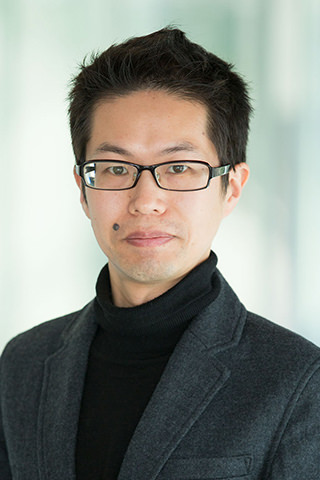
Kai Hiraishi Professor, Faculty of Letters
- Research Methods in Psychology
- Deep Learning Psychology
- Evolutionary Psychology
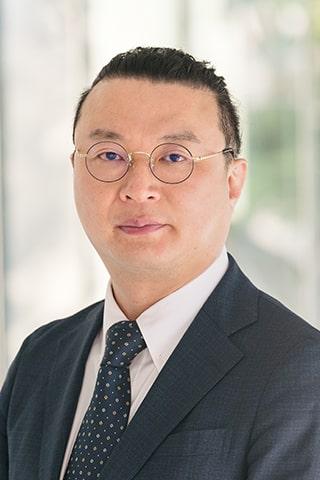
Yohei FujinoProfessor, Faculty of Letters
- Cultural Anthropology
- Religious Studies
- East Asian Area Studies
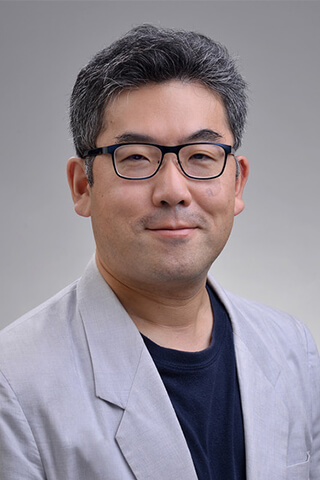
Takemitsu Morikawa Professor, Faculty of Letters
- Sociological Theories
- History of Sociology
- Sociology of Culture
- Sociology of Knowledge and World Society Studies
- Sociology of Law and Politics
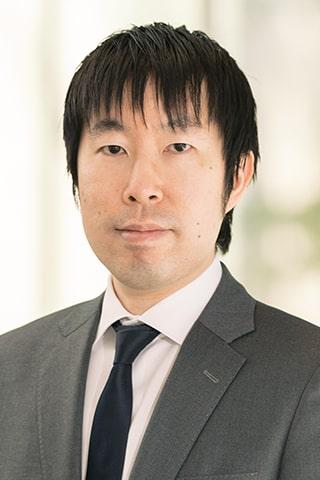
Shuzo Yamakoshi Professor, Faculty of Law
- Media Studies
- Journalism Studies
- Mass Communication Studies
- Political Sociology




